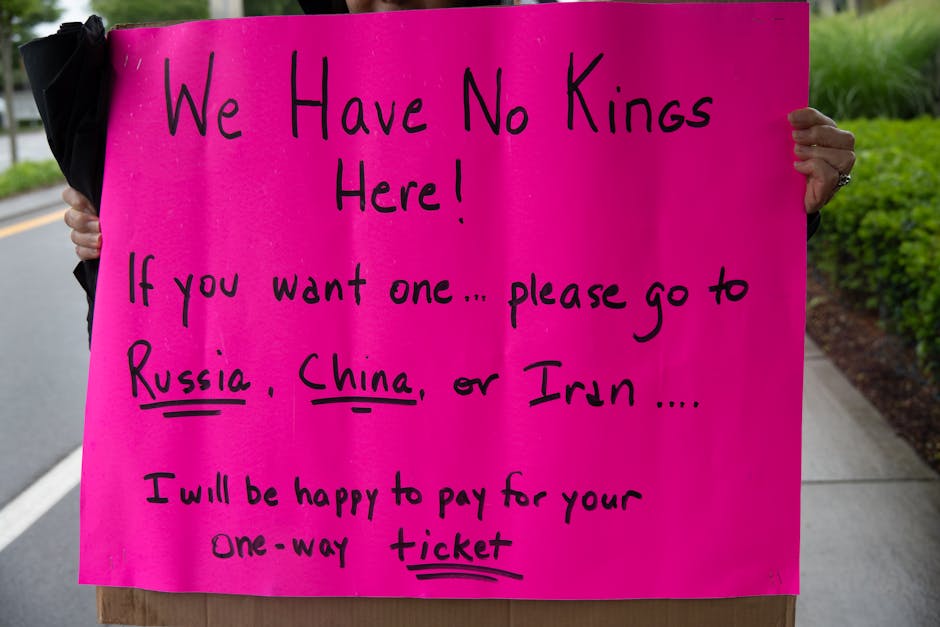**
Vietnam, once a Cold War battleground, has become a new arena for geopolitical influence—but this time, the U.S. is falling behind rivals like Russia, China, and even North Korea. While Washington concentrates on countering Beijing in the South China Sea and reinforcing alliances like the Quad, Vietnam is quietly deepening relationships with America’s adversaries.
Vietnam’s Shifting Geopolitical Alliances
For years, Vietnam balanced relations with the U.S. and China, its largest trading partner and historic rival. Now, Hanoi is pivoting toward Moscow and Pyongyang, raising concerns in Washington.
1. Russia’s Expanding Footprint
Despite Western sanctions over Ukraine, Vietnam has refused to condemn Russia’s invasion, abstaining from multiple UN votes. Trade between the two nations has surged, especially in energy and military hardware. Vietnam depends on Russian-made weapons, including Kilo-class submarines and Sukhoi fighter jets. In 2023, Vietnamese Prime Minister Pham Minh Chinh visited Moscow, signing deals on nuclear energy and oil exploration.
Why It Matters: Vietnam’s neutrality allows Russia to maintain influence in Southeast Asia despite Western isolation efforts.
2. China’s Economic Dominance
China remains Vietnam’s top trading partner, with bilateral trade exceeding $200 billion. Despite South China Sea tensions, economic ties keep relations stable. Beijing is also investing heavily in Vietnam’s infrastructure through its Belt and Road Initiative (BRI), including high-speed rail and port projects.
Vietnam’s Dilemma: Hanoi fears Beijing’s expansionism but relies on Chinese trade and investment.
3. North Korea’s Unexpected Role
Though less prominent, Vietnam has quietly expanded trade with North Korea, particularly in agriculture and textiles. Kim Jong Un’s 2019 visit—where he met with then-President Trump—highlighted Vietnam’s potential as a mediator in nuclear talks.
Why Is the U.S. Falling Behind?
The Biden administration has prioritized alliances like the Quad and AUKUS, but Vietnam hasn’t received the same strategic attention.
- Restricted Arms Sales: The U.S. offers limited defense support due to human rights concerns, while Russia supplies advanced weaponry.
- Weak Economic Incentives: China and Russia provide concrete investments, but U.S. trade pacts like the IPEF lack real benefits.
- Distracted Foreign Policy: With wars in Ukraine and Gaza, Washington’s focus on Southeast Asia has dwindled.
How the U.S. Can Reclaim Influence
To counter Russia and China’s advances, experts recommend:
1. Enhancing Military Ties: Lift restrictions on defense sales to reduce Vietnam’s reliance on Russian arms.
2. Offering Better Trade Deals: Fast-track Vietnam’s inclusion in lucrative agreements to compete with China.
3. Increasing Diplomatic Engagement: High-profile visits and joint projects could reaffirm U.S. commitment.
Key Takeaway
Vietnam won’t pick sides unless the incentives align. Right now, Russia, China, and North Korea are offering more. Without stronger U.S. engagement, America risks losing a crucial Indo-Pacific ally—one that could shift the regional power balance in favor of its rivals.
For more on global geopolitics, follow NextMinuteNews.
**




